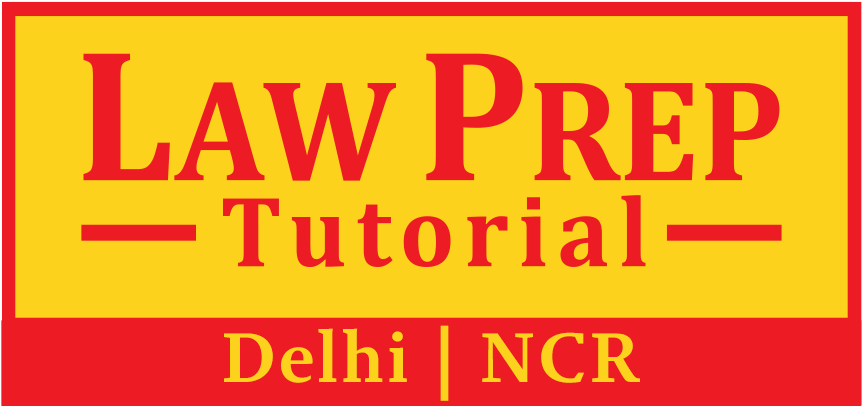If you’re preparing for CLAT 2026 or CLAT 2027, learning legal terms is a smart move. These words show up in CLAT legal reasoning questions, judgments, and law books. Knowing them early builds your confidence and improves your reading speed.
Here’s a list of top legal terms every CLAT aspirant should know, explained simply.
1. Plaintiff
The person who files a case in a civil court.
📝 Example: If A sues B for a contract breach, A is the plaintiff.
2. Defendant
The person against whom the case is filed.
📝 In the example above, B is the defendant.
3. Writ
An order by a court to a person or authority to act or stop acting in a certain way.
Types of writs in India include:
- Habeas Corpus
- Mandamus
- Certiorari
- Prohibition
- Quo Warranto
4. FIR (First Information Report)
The first report made to the police when a criminal offence is committed.
It starts the criminal law process in India.
5. Jurisdiction
The legal power of a court to hear a case.
Courts must have jurisdiction over the subject and the parties involved.
6. Contract
A legally binding agreement between two or more parties.
If terms are broken, the affected party can sue for compensation.
7. Tort
A civil wrong that causes someone harm.
Example: Defamation or negligence.
Torts lead to compensation, not punishment.
8. IPC (Indian Penal Code) [Changed to Bharatiya Nyaya Sanhita]
The main criminal code of India. It defines crimes like theft, murder, and cheating, along with their punishments.
9. Constitution
The supreme law of India. It lays down fundamental rights, duties, and the structure of the government.
10. Bail
Temporary release of an accused person while the trial is ongoing.
Bail ensures the accused doesn’t stay in jail unnecessarily.
11. Litigation
The process of resolving disputes through courts.
People who go to court are said to be involved in litigation.
12. Affidavit
A written statement made under oath.
It’s used as proof in court and must be truthful.
13. Mens Rea
Latin for “guilty mind.”
It refers to the intention behind a crime, which is necessary for criminal liability.
14. Pro Bono
Legal work done for free to help those who can’t afford a lawyer.
It’s common in public interest cases.
How to Learn Legal Terms Effectively
- Use a legal glossary and revise daily.
- Create flashcards for quick review.
- Practice CLAT legal reasoning passages and identify terms.
- Learn from mentors and coaching sessions.
At Law Prep Tutorial Delhi NCR, students receive hand-picked legal vocab lists and apply them through real exam-based questions. This builds strong legal language skills early.
Conclusion: Know the Language of Law
Understanding these legal terms will help you decode CLAT questions faster and read legal material with ease. Keep adding to your list, stay curious, and practice often.
Words are power in law. The more you know, the sharper your legal mind becomes.







